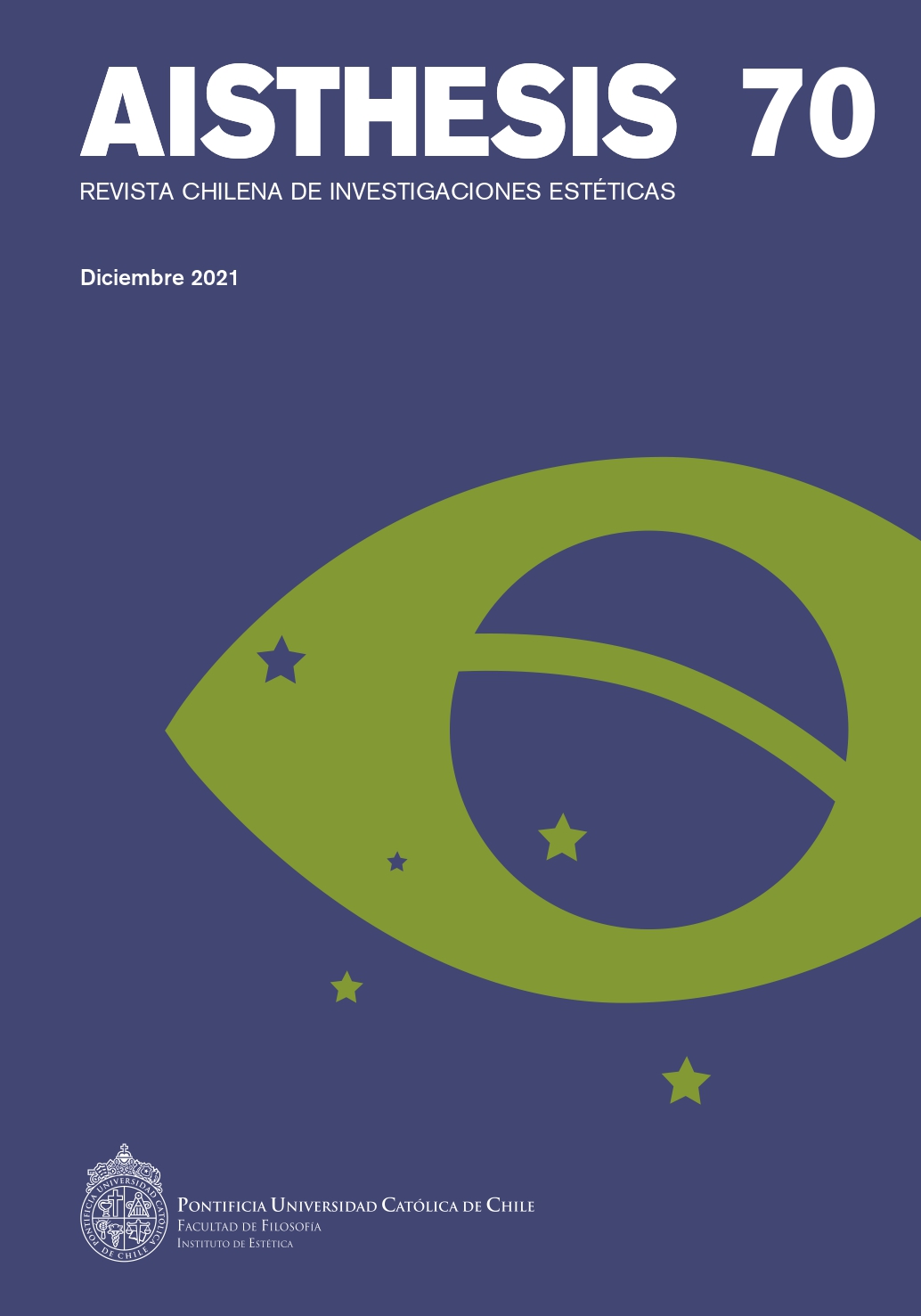Peoples, Nature and Culture in the 1988 Brazilian Federal Constitution: A Timid Advance and a Shameless Regression in the 21st Century
Main Article Content
Abstract
In 1985, Brazil ended a 21-year-long dictatorial period and opened up a constitution-writing process in order to achieve redemocratization. The 1988 text was called a “citizen constitution” because it strengthened civil rights and introduced collective rights of indigenous and other traditional peoples, collective rights over the environment and culture, rights to housing, health, and education, as well as consumer rights. Implementing these rights has not been easy. This article analyzes the application of the rights of peoples and nature by dividing them in three particular periods. The first goes from the publication of the Constitution in 1988 to the election of President Lula da Silva and his inauguration in 2003, and is marked by neoliberal policies that countered the collective constitutional norms. The second period, that of Lula's and Dilma Rousseff's administrations, goes from 2003 to 2016, when the latter president was removed for her her vice-president to take over. The third period goes from 2016 to the present and is characterized by the attempt to destroy the constitution.
Downloads
Article Details

This work is licensed under a Creative Commons Attribution-NonCommercial-ShareAlike 4.0 International License.
All contents of this electronic edition are distributed under the Creative Commons license of "Attribución-shareAlike 4.0 Internacional" (CC-BY-SA). Any total or partial reproduction of the material must mention its origin.
The rights of academic works published in this publication belong to their authors., who grant to AISTHESIS: Revista Chilena de Investigaciones Estéticas the license for its use. The management of the permits and the authorization of the publication of the images (or of any material) that contains copyright and its consequent rights of reproduction in this publication is the sole responsibility of the authors of the articles
